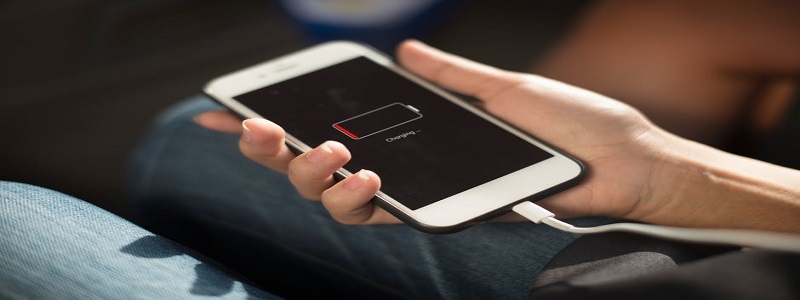
How often do you use public smartphone charging terminals to charge your mobile device, laptop, and other devices? Well, this might look quite convenient, but unknowing you are opening yourself to cyber attacks. Yes, that’s true! Public cell phone charging stations are a real bliss when you are running out of your phone’s battery and forgot to bring your own charger. However, these charging ports are one of the new attacking vectors used by cyber criminals to steal sensitive user data and the attack method is known as Juice Jacking.
Be it a coffee shop, an airport or a hotel lounge, one can find free phone charging station kiosk to power up their devices. But little do they know that these charging ports are used by hackers to fulfill their malicious motives. Let us understand how this happens:
A targeted smartphone charging terminals is used to inject malicious code/malware into the smartphone or copy data from it. This happens with the help of data cable which is used both for charging and data streaming. The smartphone charging port is secretly connected to a computer system and once a phone is put on charging, the hacker gets access to the data present on the phone via the computer system.
Photos, contacts, notes, browsing history, audio and video media, etc. everything becomes available to the infiltrator. Besides copying or stealing the data, hacker can also inject malware that can spy and steal your data and sends it to the host computer secretly.
How to prevent juice jacking?
- Make it a habit to check your phone’s battery an hour before you leave for anywhere. This ensures that you have enough time to charge your phone.
- Avoid using USB chargers and prefer electrical charging outlets as they don’t allow data transfer.
- One of the most convenient and safest way is to carry your own power bank. You can additionally keep an extra battery as well.
- You can switch off your phone before connecting it to a public phone charging station.
- You can also get a charge-only cable to prevent your device from getting juice jacked.
- Ensure that your phone has a mobile security antivirus as it helps in removing malware and keeping the phone safe from intruders.
No matter whether you are using an Android phone, Windows or iPhone, hackers can juice-jack any phone if the above mentioned security measures are not considered. You can also learn about 5 Popular Mobile Hacking Tools Used to Target Smartphone Users
- RaaS : The Dark Side of SaaS
- Hackers Target MOVEit Transfer’s Zero-Day Vulnerability, Emergency Patch Deployed
- How Scammers Are Utilizing ChatGPT? Few Tips To Be Safe
- World Backup Day: Why Data Backups are Important in Cybersecurity
- What is Social Engineering and How Cyber Criminals Use It
- Things To Know About Personally Identifiable Information (PII)
- What is Data Breach? Why and How It occurs? How To Prevent Data Breach


